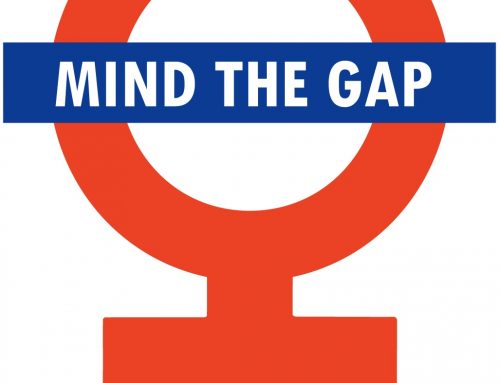Harvard University’s Math 55 is a first-year undergraduate course that is so demanding it has taken on legendary status. Described by the Mathematics Department as “probably the most difficult undergraduate math class in the country,” students are warned that the homework for the class takes anywhere between 25 to 60 hours per week. Those who complete the class, like Bill Gates did when he was a Harvard freshman, wear the accomplishment like a badge of honor.
Yet, among the elite group who can boast of such an accomplishment, very few are women. In an article exploring this “nine-month mathematical boot camp,” The Harvard Crimson writes, “According to the Registrar’s Office, only 17 women have taken the class since 1990.” That’s compared to the approximately 320 men that have completed the class in the same time period of time.
During an age in which women are performing better than their male peers in most academic settings, why are so few women completing Math 55? And, more broadly, why are there so few women in mathematical fields in general?
I bring up the decreasing number of women studying math because it is an issue which directly correlates to the dearth of women working in financial services.
As the industry grows more and more complex with quantitative analysis, complicated financial models, risk management assessment, and credit analytics, just to name a few, major financial firms are always looking for people with a background in mathematics. Many of the C-Suite women I have interviewed for this blog studied math, in some form or another, during their undergrad. Yet, as the chart above clearly demonstrates, the rate of young women studying math is steadily dropping.
Women in Technology Sharing Online
That’s why I was thrilled to hear that Maria Klawe, President of Harvey Mudd College and one of two women members of Microsoft’s Board of Directors, is sponsoring a new program that connects accomplished women working in science, technology, engineering and math (STEM) to young women who are beginning their careers in the STEM sector. The project, which is called Women in Technology Sharing Online, will run for six weeks, starting on October 1st.
Klawe told The New York Times:
“Getting more women into STEM is my passion in life, and every institution that’s set up mentorship programs for young women has been successful at increasing their numbers, so I think this can make a real difference.”
Klawe, who is a self-described math geek with a background in computer science, has increased the percentage of female Harvey Mudd students majoring in computer science from 12 to 40%. Though Klawe’s major focus is getting more women into the fields of engineering and computer science, her efforts could certainly serve as a model for bringing more gender-balance to our male-dominated industry.
Connecting successful senior women working in financial services who also studied mathematics at school with young women just entering college would be a great place to start. If young women were told all the exciting and lucrative places studying math could take them, I bet we’d have more women pulling all-nighters to complete Math 55.






